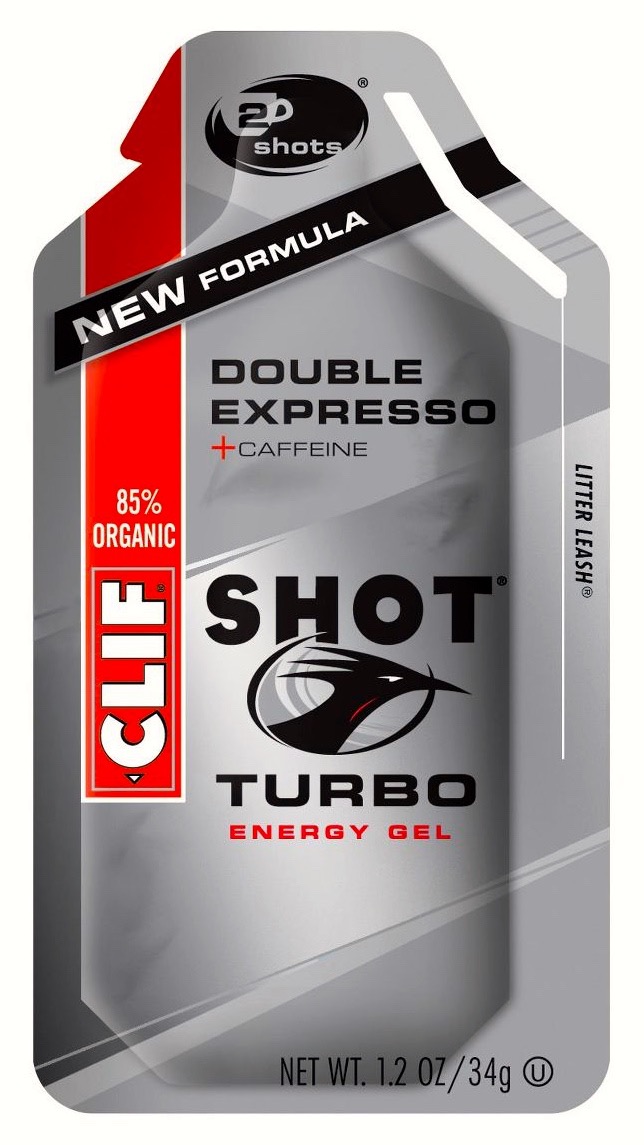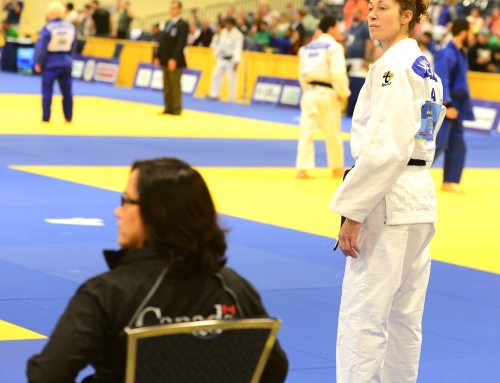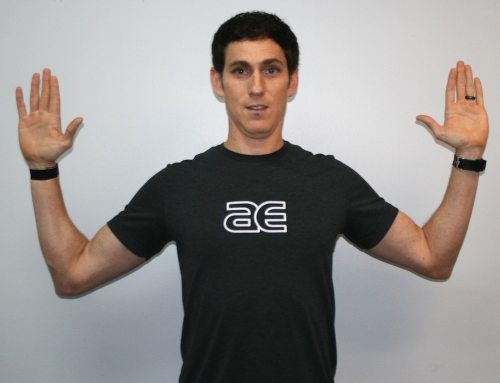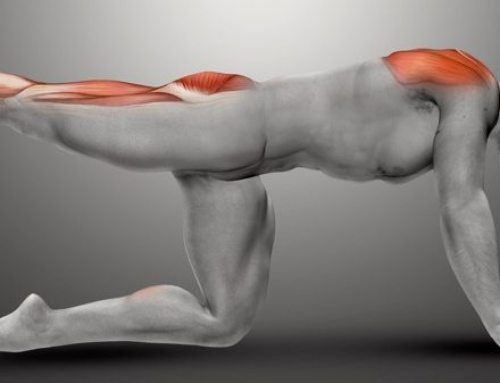By Brian Diaz
This past weekend while I attended a continuing education course on advanced dry needling techniques, I noticed that the entire class (some 20 or so people) were waiting in a sluggish stupor around a table in the front. A few minutes later the site host appeared with the brand name boxed coffee hanging from his side and a line instantly formed, many with their own monstrous tumblers in hand.
The statistics are overwhelming. Almost 80% of Americans drink coffee and the average intake of caffeine (which includes other non-coffee products) is about 200 mg of caffeine per day or roughly 3 mg per kilogram of body weight per person. Americans spend on average over $22 per week on coffee per person and the yearly U.S. sales at specialty shops and other retailers tops well over $28 billion.
What’s crazy to me, is that this drug, and that’s what it is – a DRUG – is sold across the board from liberal-based retailers to ultra conservative-based retailers with no hesitation. I’m no politician (thank goodness) but it seems to me in order to bridge this ridiculous divide in current American politics, (“Tea” Party included) we just need to start with coffee!
But what does this mean for us, the average endurance athlete looking for any kind of boost we can get? Caffeine has been studied extensively across the literature in all different applications. The studies multiplied after 2004 when World Anti-Doping Agency (WADA), which governs the use of substances in many competitions including the Olympics, lifted its ban on caffeine. In researching this article, a PubMed query results in over 70 studies just within the last 5 years on its affects on sports performance. Many of the studies have debunked certain myths. And some have given us valuable information on how to appropriately supplement with this potent performance enhancer.
Here’s what we do know about caffeine from many of these studies. Over and over again, caffeine has been proven its ability to enhance both physical and mental aspects of athletic performance. The average increase in performance is about 12% for endurance athletes with minimal to no advantage or increase in performance in activities less than 20 minutes in length. In the studies that showed the increase in performance, the dosing was about 3-9mg/kg. This is a pretty large range but what they did find is that more isn’t any better but, equally as effective. Furthermore, many of the studies looking at caffeine effects over the span of 24 hours debunked the myth of caffeine being a diuretic when compared with the same amount of non-caffeinated beverages.
What does this mean? This doesn’t give you the green light to keep drinking the six Grandes a day that you want to drink. But it does mean that if you are not supplementing with caffeine during some of your more challenging workouts and endurance races, maybe it is time to reconsider. And for those who love this article and want to use it to justify your habitual consumption of the drug, I’ll leave you with one last fact. A couple of the studies showed an even greater increase in athletic performance for endurance activities (greater than 20 minutes) when the individual did NOT ingest any caffeine for a week before testing. Are you using caffeine in workouts and races properly? Now is the time to start.
# # #
Brian Diaz is the head physical therapist and sports specialist at ActivEdge Fitness & Sports Performance. He is a Level II Certified TRX Suspension Trainer and a USA Triathlon Certified Coach. Follow him on Twitter (@JediTriathlete) or go to his website at ExperienceTheEdge.com for more exercise ideas.






